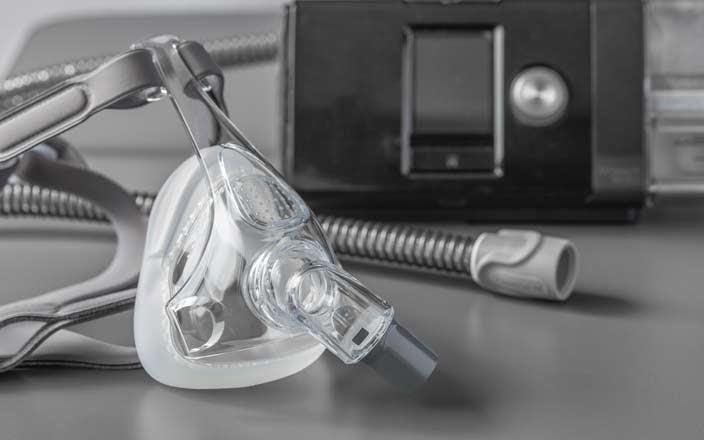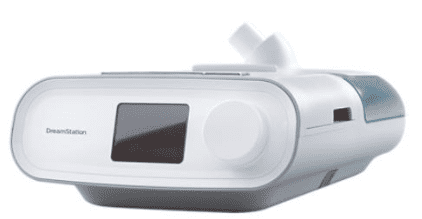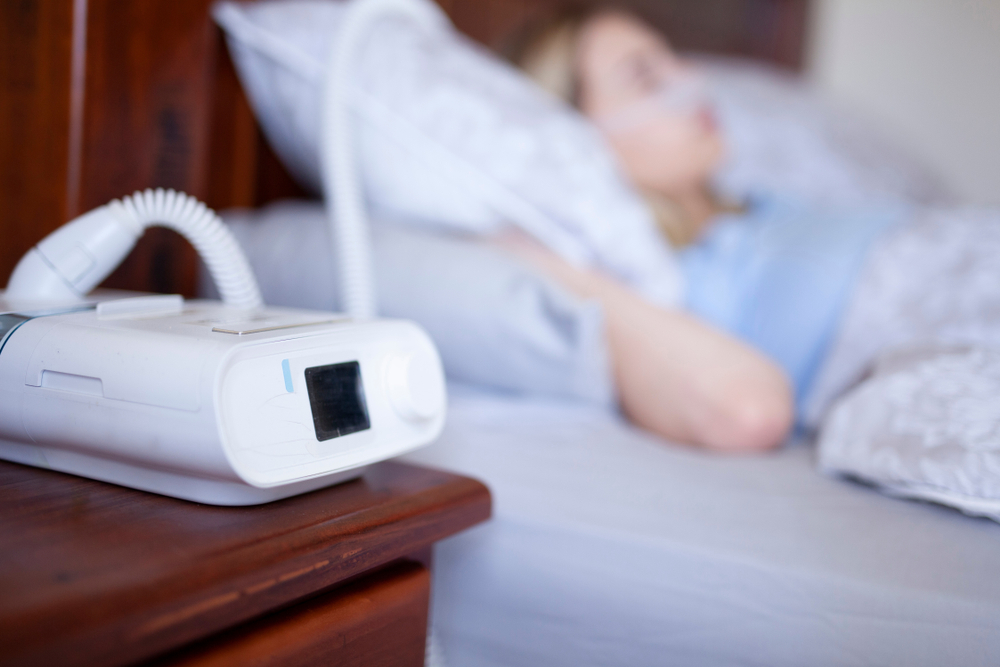Philips Respironics voluntarily recalled certain ventilators, CPAP machines, and BiPAP machines manufactured before April 26, 2021, due to critical concerns related to the polyester-based polyurethane (PE-PUR) sound abatement foam used in the devices. The models being recalled include:
- Trilogy 100
- Trilogy 200
- Garbin Plus
- Aeris
- LifeVent
- BiPAP V30
- BiPAP A30/A40 Series
Philips used the polyester-based polyurethane foam in recalled machines to reduce sounds and vibrations related to use of the devices. However, the foam has been found to break down and cause black debris or particles to enter the mask, tubing, or air pathway, or release toxic chemicals directly into the lungs or body of patients. Specific issues related to the defective foam include:
- The PE-PUR foam has been found to degrade into particles and debris that can enter the device’s air pathway and be ingested or inhaled by the patient.
- The foam degradation may be worsened by unapproved cleaning methods such as the use of ozone cleaners.
- The PE-PUR foam may off-gas certain dangerous chemicals during operation.
These problems can lead to serious, life-threatening injuries that can require medical treatment or result in permanent impairment. Philips Respironics has reportedly received several complaints regarding the presence of black particles or debris in the airpath circuit of certain devices, and has also received reports of headaches, upper airway irritation, cough, chest pressure, and sinus infections related to the devices. The potential risks of exposure to these particles include:
- Irritation of the skin, eyes, and respiratory tract
- Inflammatory response
- Asthma
- Kidney and liver disease
- Toxic carcinogenic effects
The potential risks of off-gassing include headaches, dizziness, eye, nose and respiratory tract irritation, hypersensitivity, nausea, and vomiting. As of yet, no deaths have resulted from issues with the devices.




